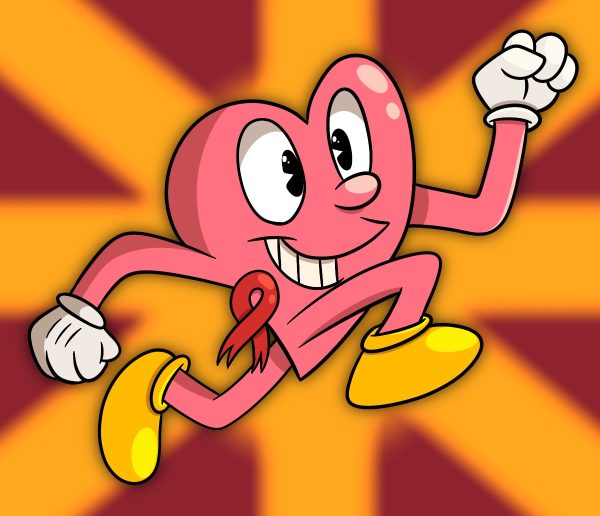It is paramount for individuals to have a healthy heart, primarily to pump carbon dioxide out of the body and deliver oxygen-rich blood to all the body’s cells. Caring for the heart through lifestyle modification is critical for overall well-being and maintaining good cardiovascular function. The Et Cetera wants to raise awareness this month by bringing important information to readers about heart health.
“Social support group attendance is related to blood pressure, health behaviors and quality of life in the Multicenter Lifestyle Demonstration Project.” Most people can tell from this science journal’s title that keeping optimal blood pressures starts with creating a network of people to talk to. “Scientific findings found that individuals with a stressful life and a support group had a lower percentage of heart attacks than those without one,” according to Dr. Steven Carter, who has a doctorate in higher education and is a member of the American Psychological Association. It is important to find some sort of support to tough it out through life. Be experimental. Go to events in The Hive or any of Dallas College’s campuses, join clubs and seek out Dallas College’s very helpful counselors.

Several different studies point out that exercise is good for cardiovascular health. Many suggest that people should do some type of exercise or routine regularly. However, if a person does not enjoy the activity in the slightest, it is highly unlikely that they will continually abide by this type of suggestion. For example, if a person hates going to the gym they will most likely cancel their membership and start looking for activities they can do in the park or at home. Find an activity that works for you and stick to it.
Officials from the Dallas College’s Health Services & Promotion department said that when a person aims to improve their heart health, small changes can be made in their diet. “One small change you can make in your diet is to start adding nutrient dense food,” a representative said. “The goal is for our plate to look like MyPlate. MyPlate is a visual for what our plate should look like: 1/4 protein, 1/4 grains (preferably whole grains), 1/4 fruit, 1/4 vegetables. For example, vegetables are loaded [with] vitamins, minerals and fiber. For more information visit ChooseMyPlate.Gov.”
College students are often tired, but it is important for them to be aware of their heart health, especially pre-existing conditions. Those with heart issues should refrain from drinking energy drinks, as a potential adverse effect after having one for these people is a heart attack.
There may not be correlation between energy drinks and heart disease for people without pre-existing health conditions. However, they do cause major risks for cardiovascular disease.
When asked what are the major risk factors for cardiovascular disease, Dallas College’s Health Services & Promotion quoted the Center for Diseases Control and Prevention, which include: “High blood pressure, high cholesterol, smoking, eating a diet high in saturated fats and cholesterol, not getting enough physical activity, high alcohol consumption and genetics.”
The Dallas College Health Services & Promotion shared some things you can do to decrease your risk: “Get your blood pressure checked (visit the campus health center and the nurses can take your blood pressure), get your cholesterol checked, quit smoking, eat a well balanced diet aligned with My Plate, get 150 minutes of cardiovascular physical activity a week and limit your alcohol consumption to 1-2 drinks a week.”
As with any lifestyle change, be sure to talk to your doctor, start small and, most importantly, keep going even if you fail.
Embracing a heart healthy lifestyle may require some effort and changes, but if you stick with it you will reap the rewards of a strong and healthy heart for years to come.







